SIP Calculator
Lump Sum Calculator
What Is a SIP Calculator and How Does It Work?
A Systematic Investment Plan (SIP) calculator is a tool that helps investors estimate the potential returns on their SIP investments. SIP allows individuals to invest a fixed amount in a mutual fund scheme regularly. With a SIP calculator, you can plan your investments better, understand the growth of your wealth, and set clear financial goals.
SIP calculators are simple to use and allow you to adjust variables like the monthly investment amount, the expected rate of return, and the investment period. This flexibility gives you an idea of how much wealth you could accumulate over a period by consistently investing in a SIP.
How to Use a SIP Calculator?
Using a SIP calculator is straightforward:
- Enter Monthly Investment Amount: This is the fixed amount you are comfortable investing every month. It can be as small or as large as you want, depending on your financial situation.
- Expected Rate of Return: Here, you need to provide the annual return percentage you expect to earn from your mutual fund investment. Most SIPs typically offer returns in the range of 8% to 15% depending on the market.
- Investment Period: The length of time for which you plan to invest. This period is usually measured in years, but the calculator converts it into months to give you a detailed calculation.
- Result: Once you input the required details, the SIP calculator will compute the future value of your investments, showing you how much wealth you could generate by the end of your chosen period.
Why Should You Use a SIP Calculator?
- Efficient Planning: A SIP calculator helps you estimate the returns on your investments, allowing you to plan your financial future. It’s a useful tool for setting realistic financial goals and understanding how much you need to save to reach them.
- Easy to Use: SIP calculators are user-friendly and accessible to everyone. All you need to do is enter the basic details of your investment plan, and the calculator does the rest.
- Informed Decisions: By using a SIP calculator, you can make better financial decisions. It helps you experiment with different investment amounts, rates of return, and investment periods to see how your investment could grow over time.
The Benefits of SIP
- Disciplined Investing: SIPs encourage discipline by making you invest a fixed sum every month. This ensures that you are regularly contributing toward your financial goals without worrying about market timing.
- Power of Compounding: One of the biggest advantages of SIPs is the power of compounding. When you invest consistently, you earn returns on both your initial investment and the returns generated over time. This leads to exponential growth in your wealth.
- Rupee Cost Averaging: SIP allows you to buy more units when prices are low and fewer units when prices are high. This averaging effect minimizes the impact of market volatility on your investments.
- Flexibility: SIPs offer a high degree of flexibility. You can start with small amounts, and over time, increase your contribution as your income grows.
SIP vs. Lump Sum Investments
While both SIP and lump sum investments have their merits, SIP stands out for certain reasons. Lump sum investments require a large initial capital, which may not be feasible for everyone. On the other hand, SIPs allow you to invest small amounts regularly, which makes it more accessible for most investors. Moreover, the regular investment pattern of SIPs reduces the risk of investing a large sum in a volatile market.
How Compounding Enhances Your SIP Returns
Compounding is a key reason SIPs are so popular among investors. In simple terms, compounding means that you earn returns on both your initial investments and the returns generated over time. For example, if you invest ₹1,000 in a SIP and earn a 10% annual return, you will have ₹1,100 at the end of the first year. In the second year, you will earn 10% on ₹1,100, resulting in even higher returns. Over time, this compounding effect can significantly boost your overall returns.
Common Misconceptions About SIPs
- SIP Is a Mutual Fund Scheme: This is a common misconception. SIP is not a scheme but rather a way of investing in mutual funds. It is simply a tool that allows you to invest in mutual funds in small, regular amounts.
- SIP Guarantees High Returns: While SIPs are designed to provide good returns over the long term, they do not guarantee a specific return. The actual returns depend on the performance of the underlying mutual fund scheme.
- Only Long-Term SIPs Are Profitable: SIPs are typically more beneficial in the long term, but short-term SIPs can also provide decent returns, depending on market conditions. However, the power of compounding is most effective over longer periods.
Tips for Maximizing Your SIP Returns
- Start Early: The earlier you start investing, the more time your money has to grow. Starting early also helps you take better advantage of the power of compounding.
- Stay Consistent: Make sure to invest regularly and avoid stopping your SIPs during market downturns. Staying consistent ensures that you benefit from rupee cost averaging.
- Increase SIP Amount Over Time: As your income grows, consider increasing your SIP amount to maximize your returns.
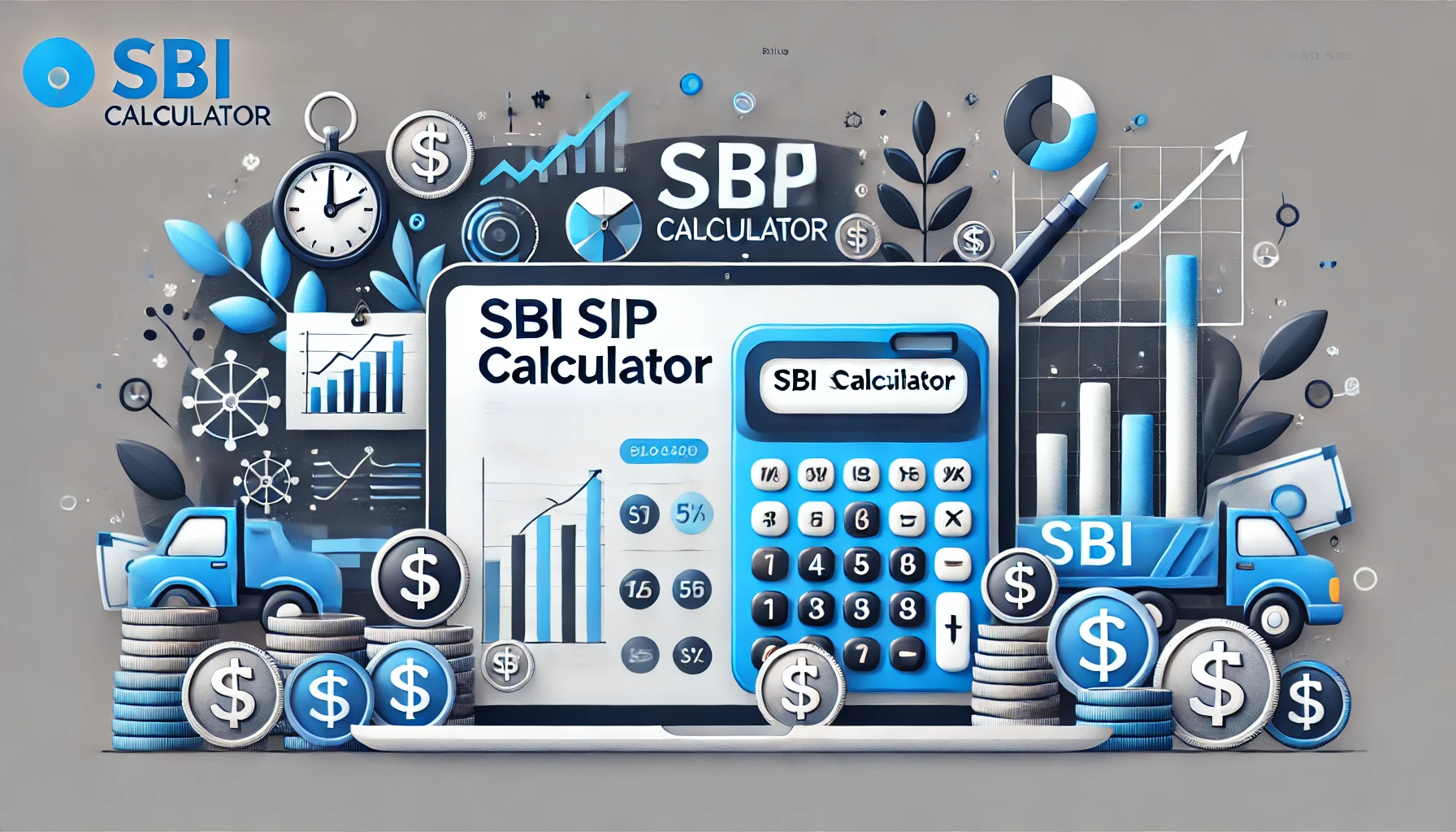
SBI SIP Calculator
The SBI SIP (Systematic Investment Plan) Calculator is a useful financial tool that helps you …

Canara Bank SIP Calculator
The Canara Bank SIP (Systematic Investment Plan) Calculator is a powerful financial tool designed to …

Kotak SIP Calculator
What Is the Kotak SIP Calculator? The Kotak SIP (Systematic Investment Plan) Calculator is a …
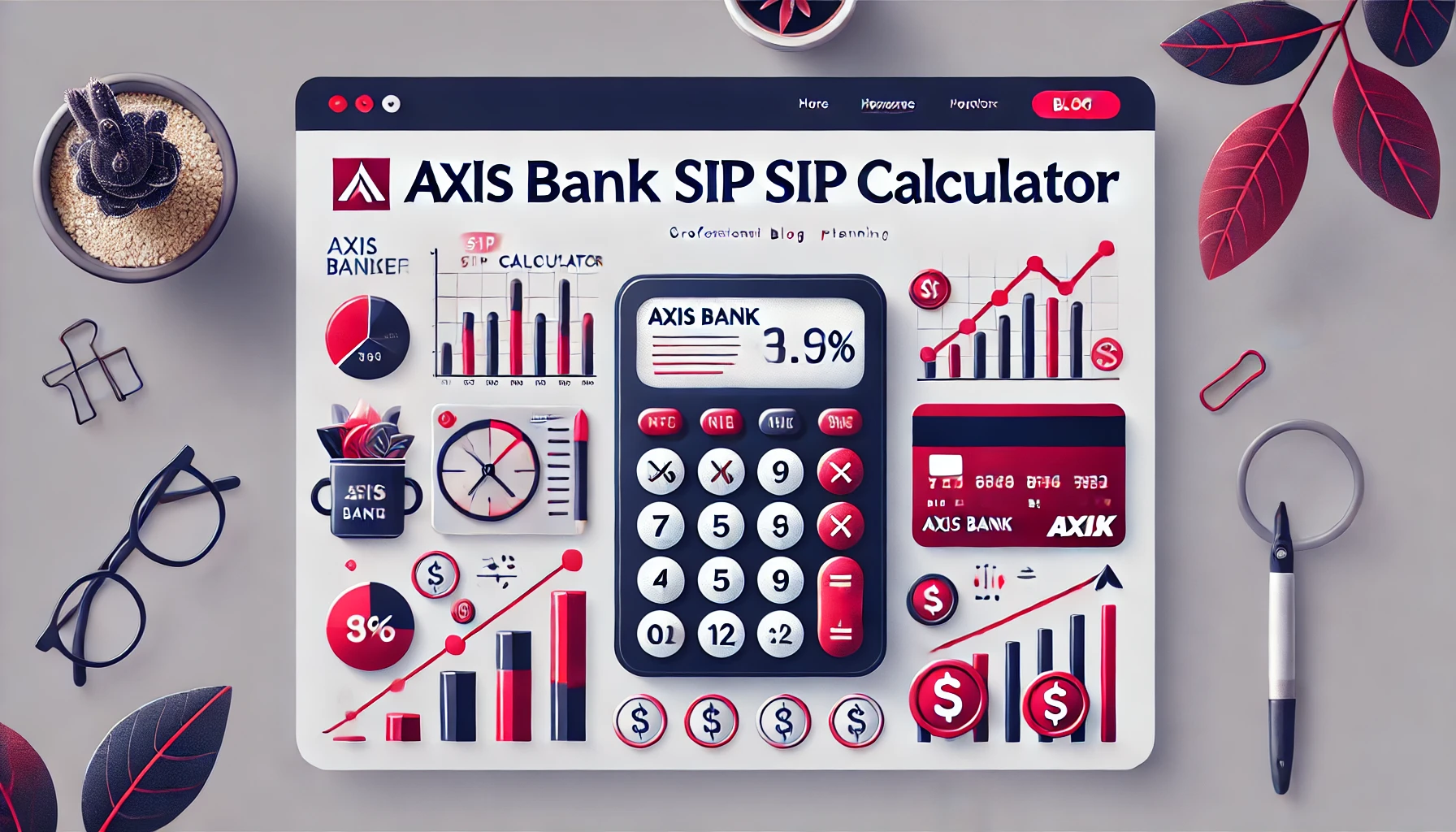
Axis Bank SIP Calculator
What Is the Axis Bank SIP Calculator? The Axis Bank SIP (Systematic Investment Plan) Calculator …
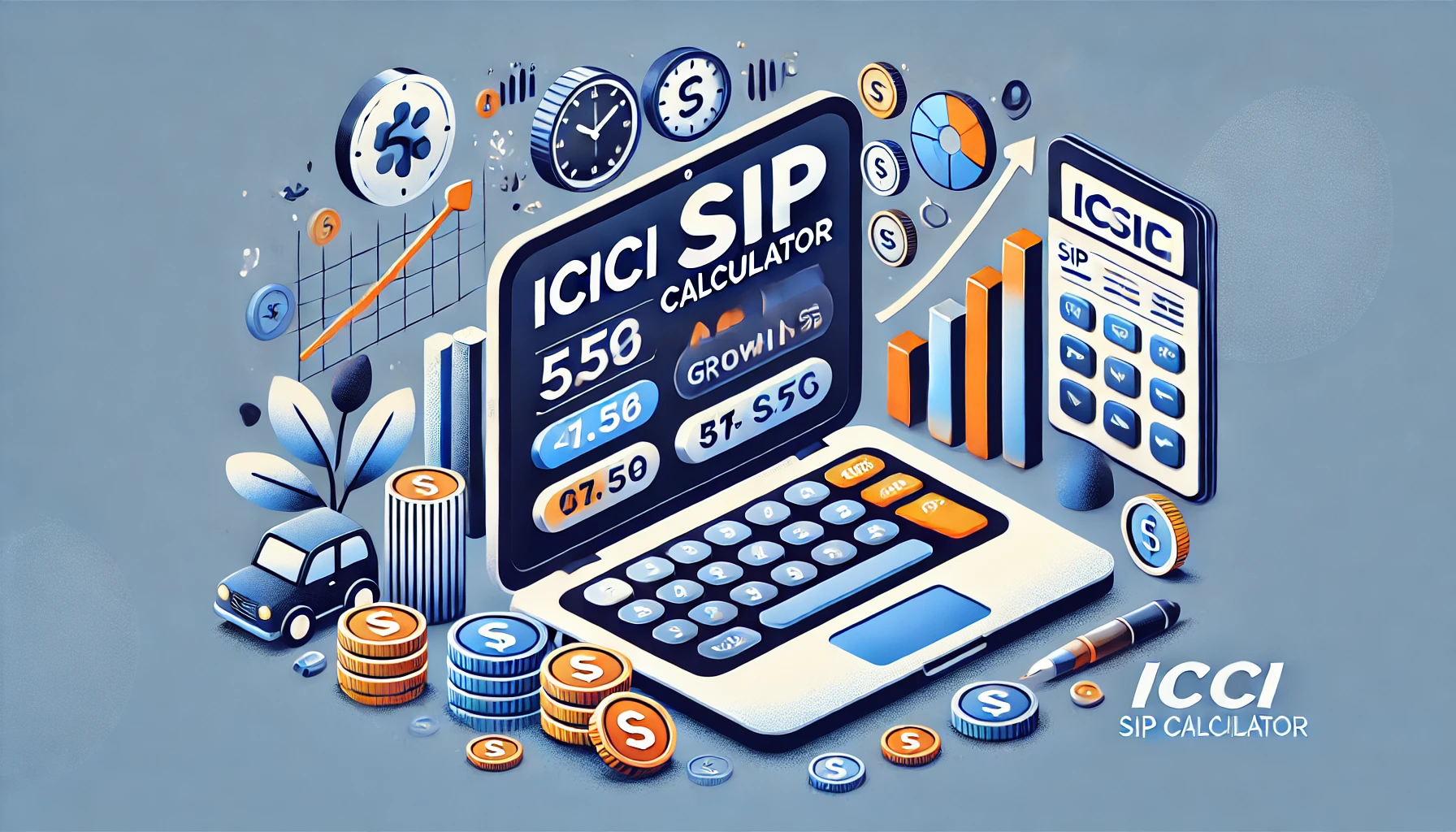
ICICI SIP Calculator
SIP Calculator Lump Sum Calculator ICICI SIP Calculator Monthly Investment (₹) ₹5000 Expected Annual Return …
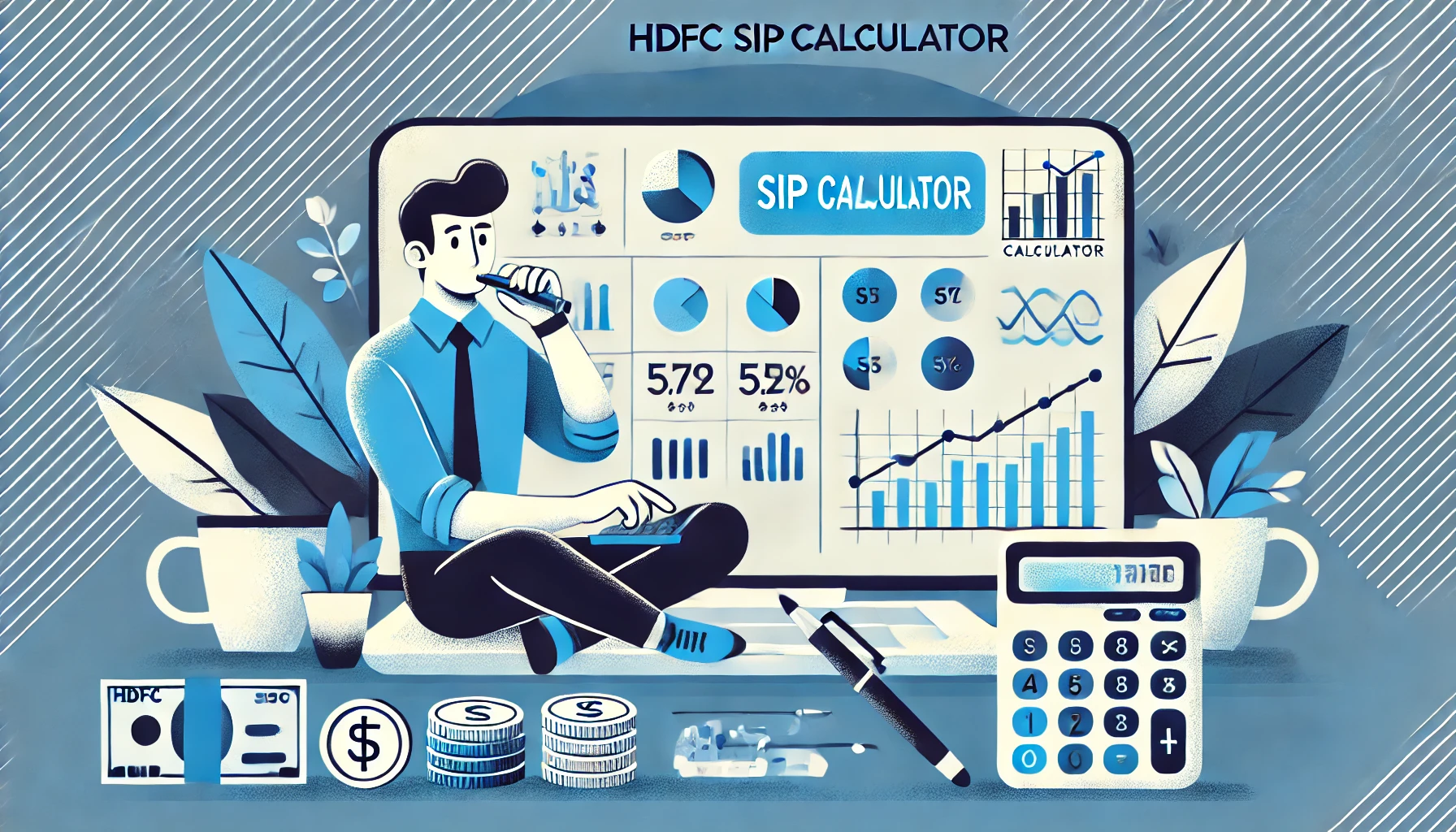
HDFC SIP Calculator
SIP Calculator Lump Sum Calculator HDFC SIP Calculator Monthly Investment (₹) ₹5000 Expected Annual Return …
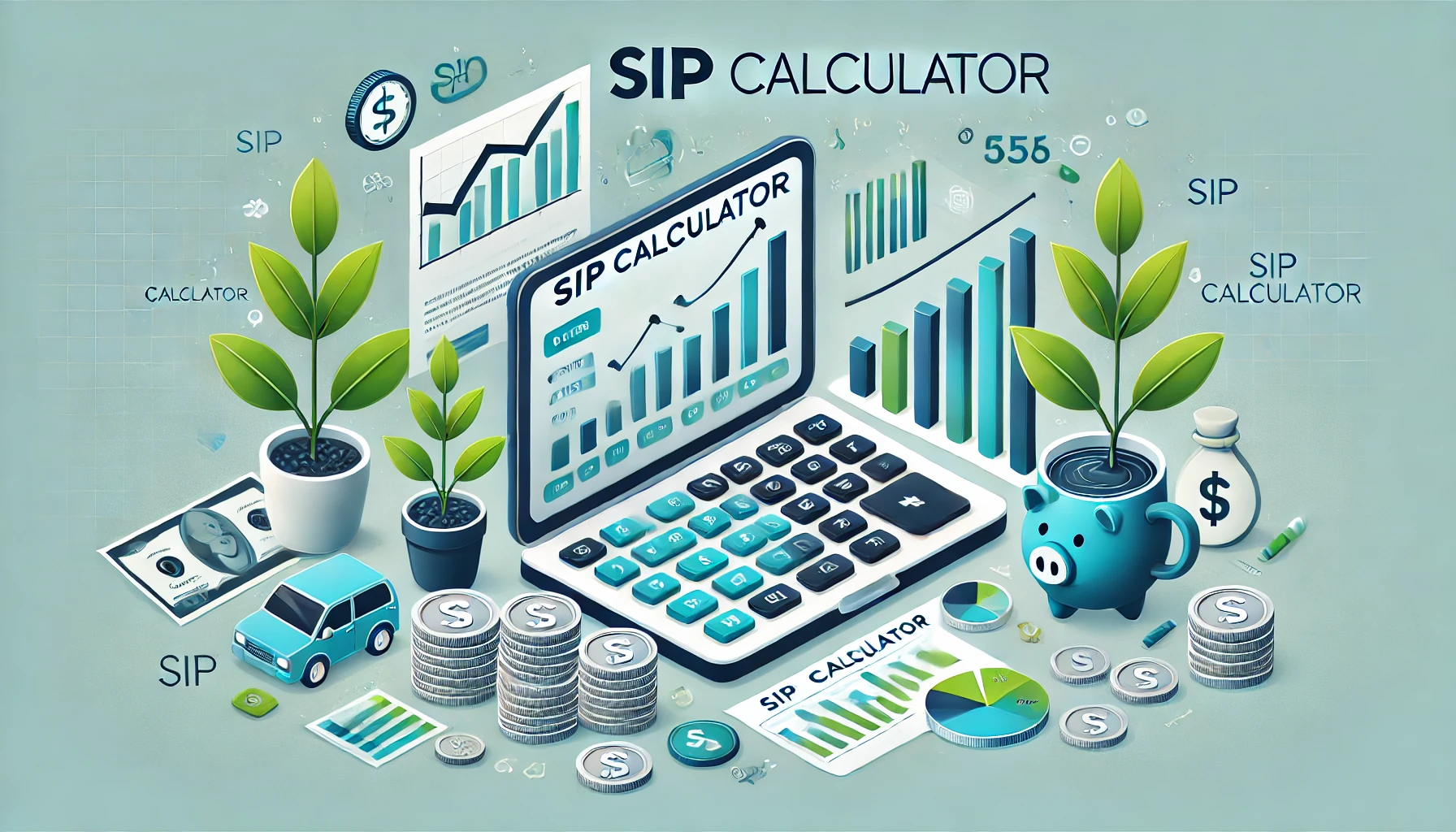
SIP Calculator
SIP Calculator Lump Sum Calculator SIP Calculator Monthly Investment (₹) ₹5000 Expected Annual Return (%) …


















